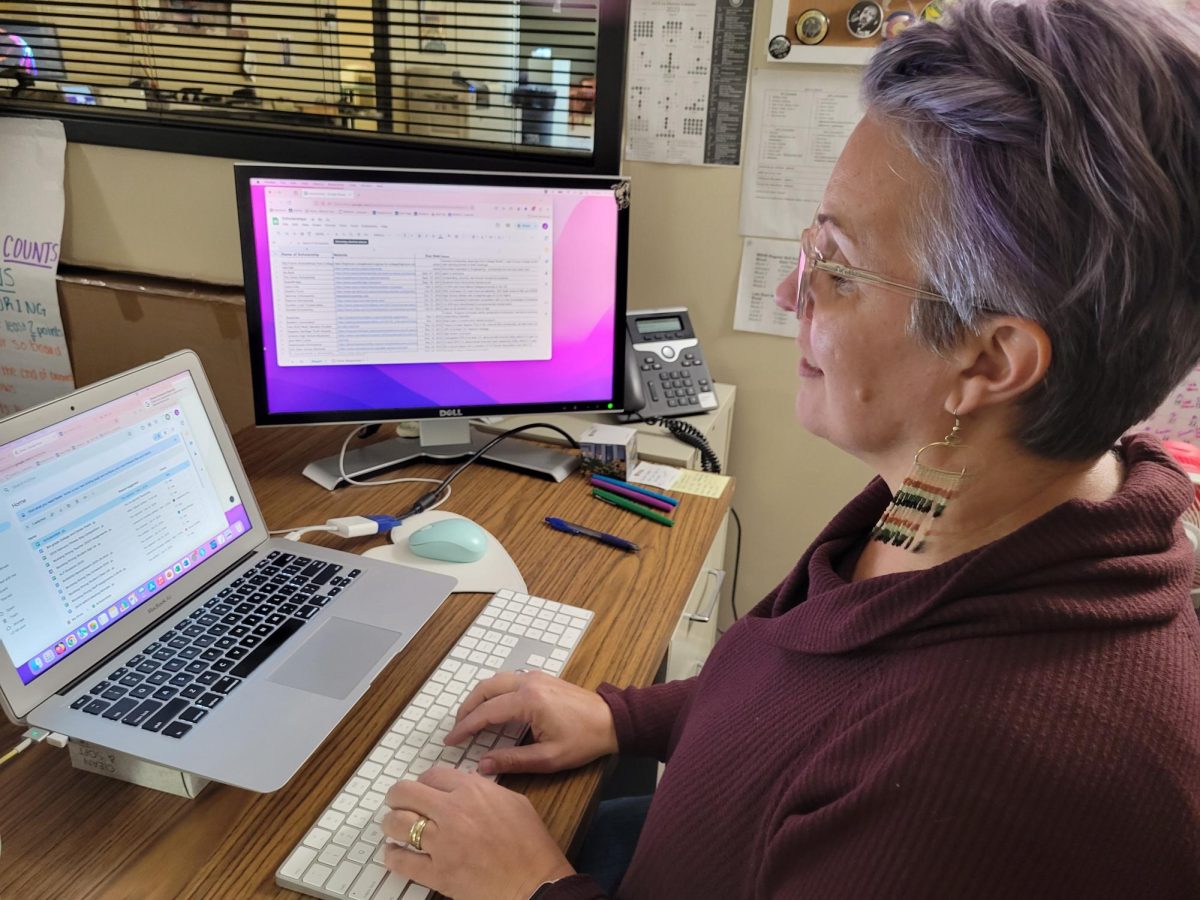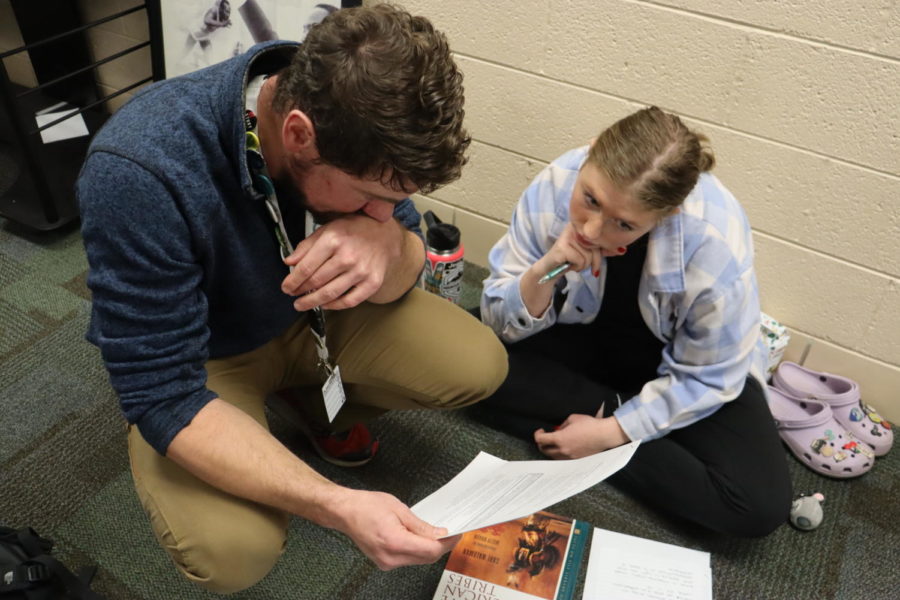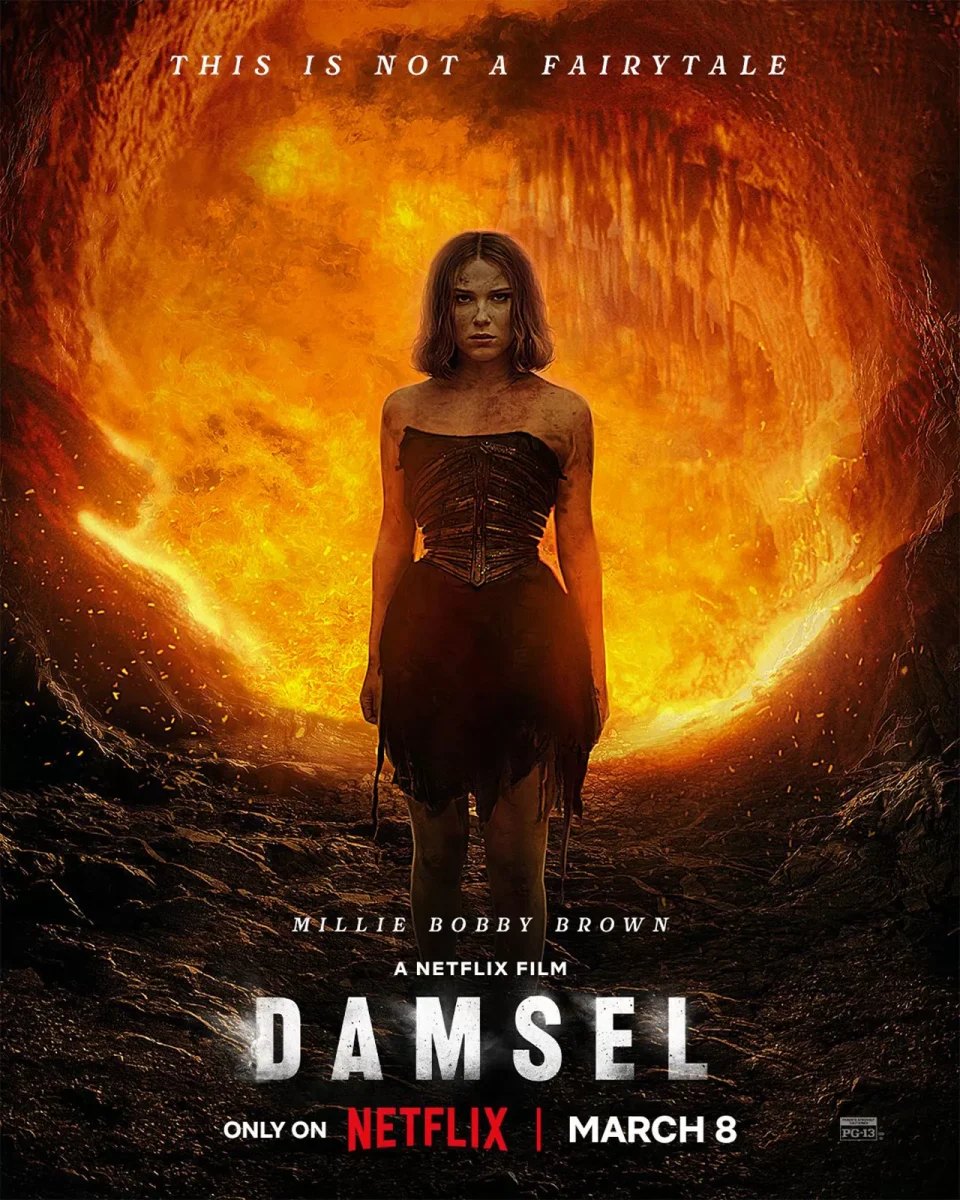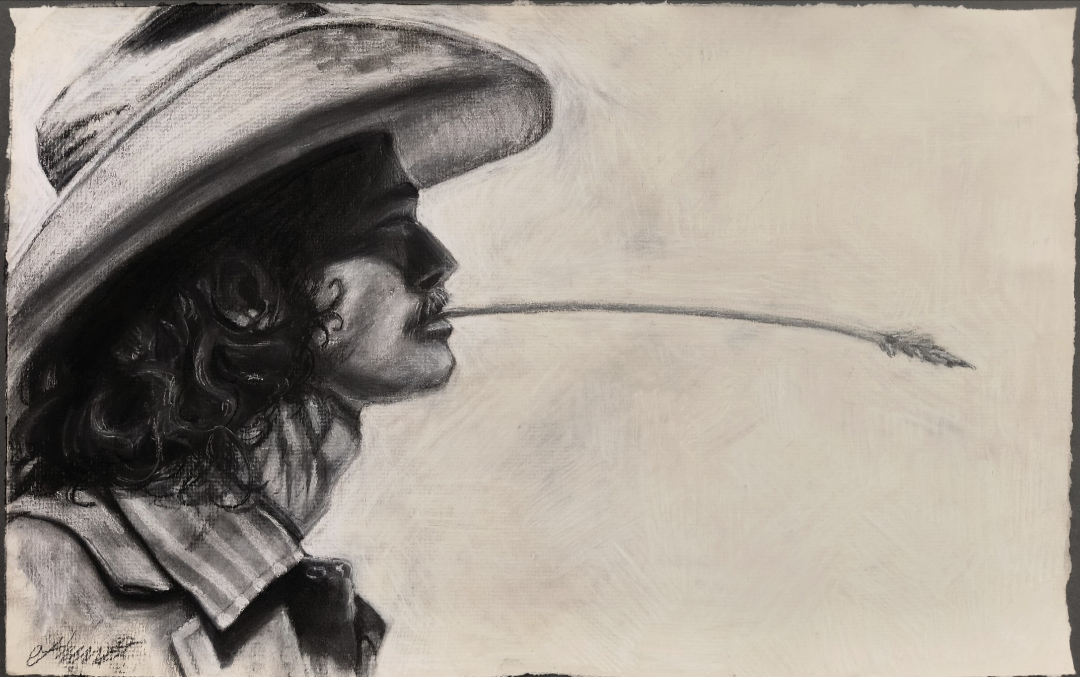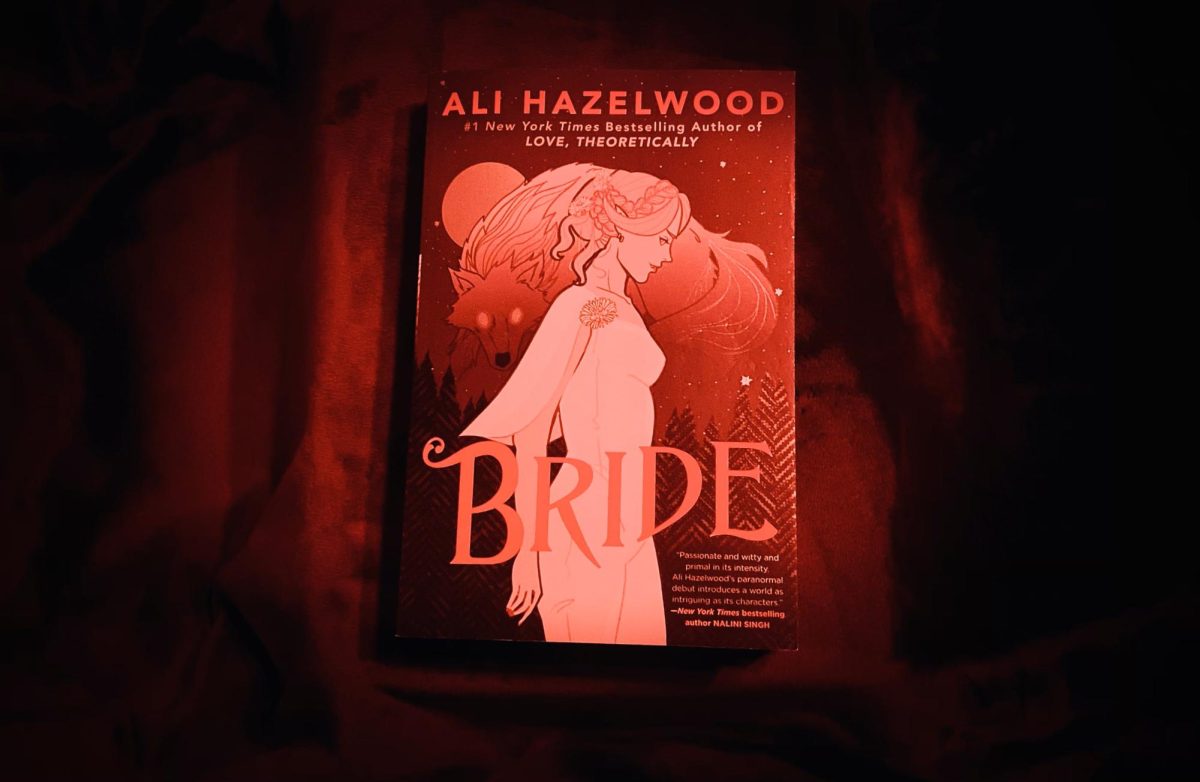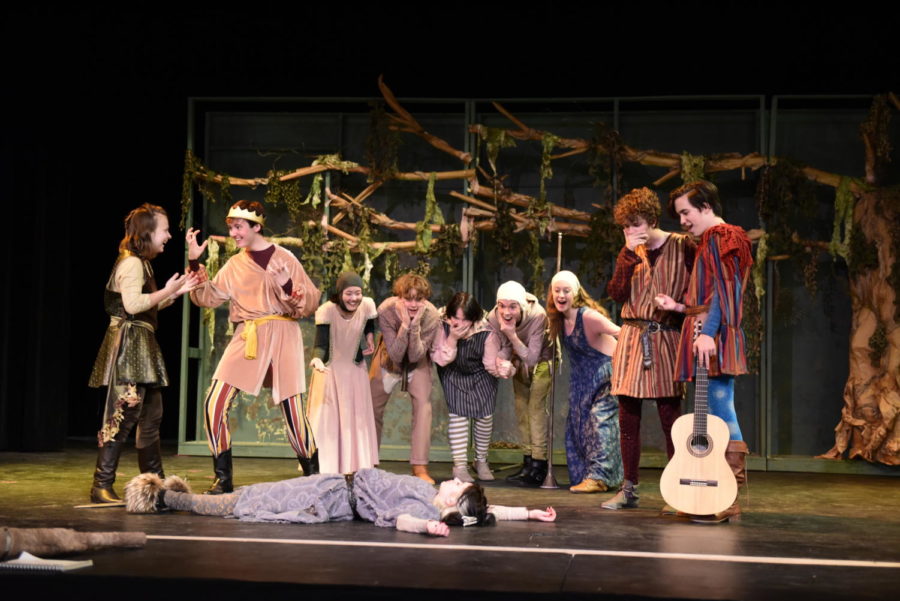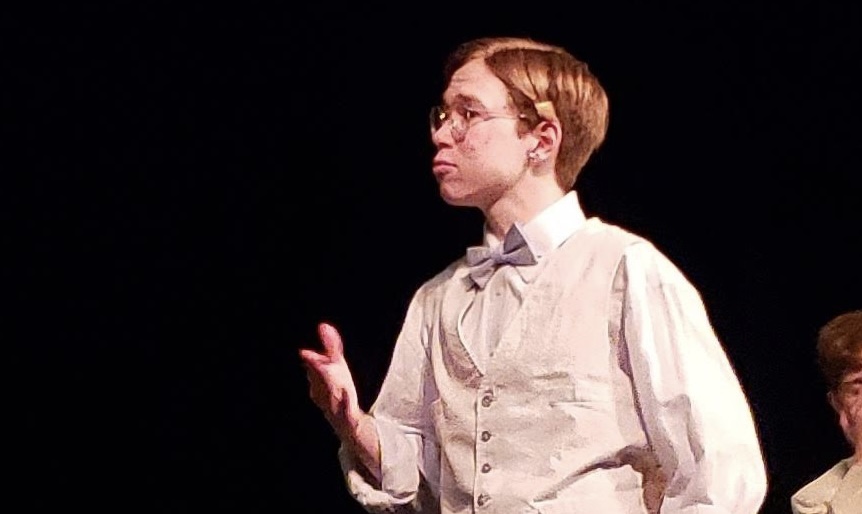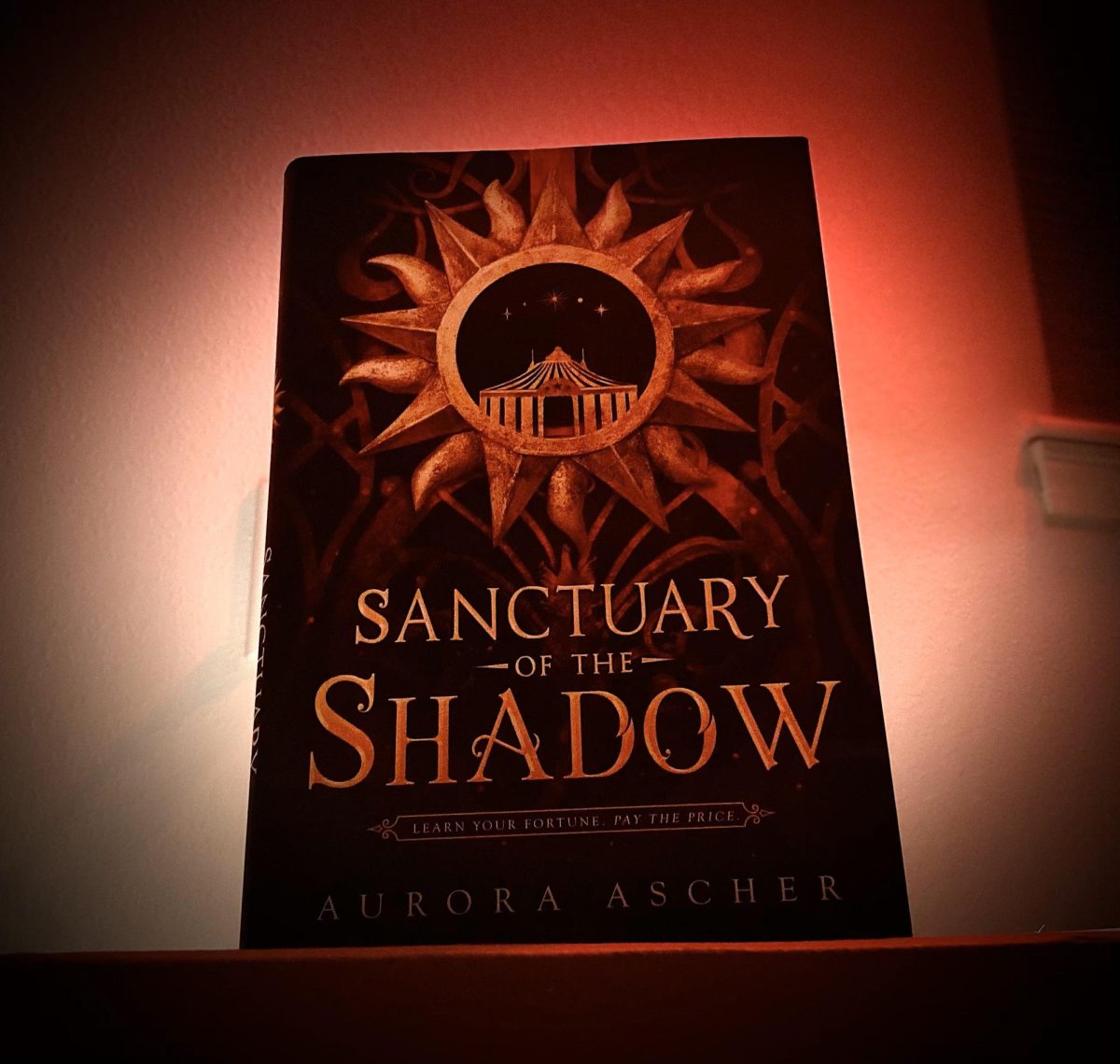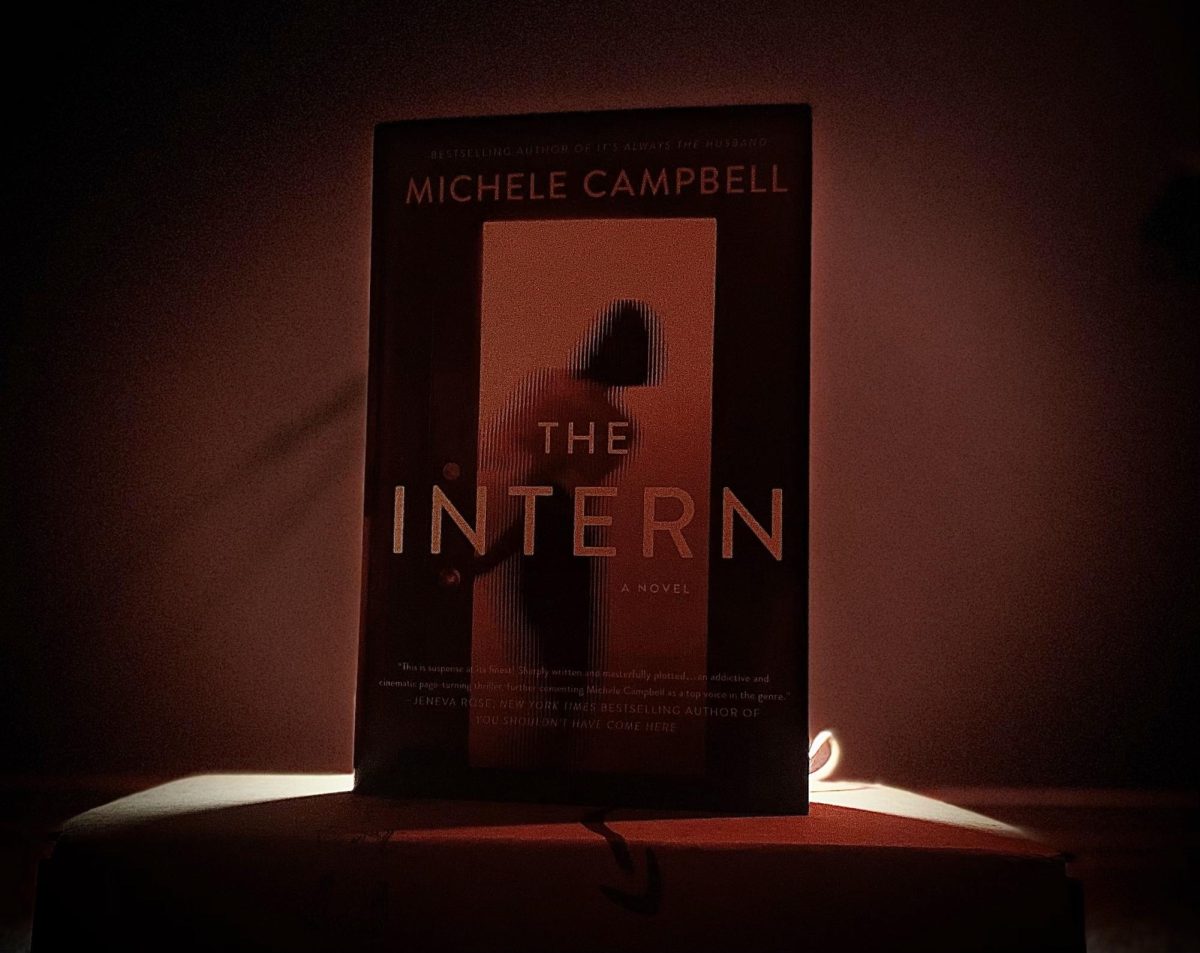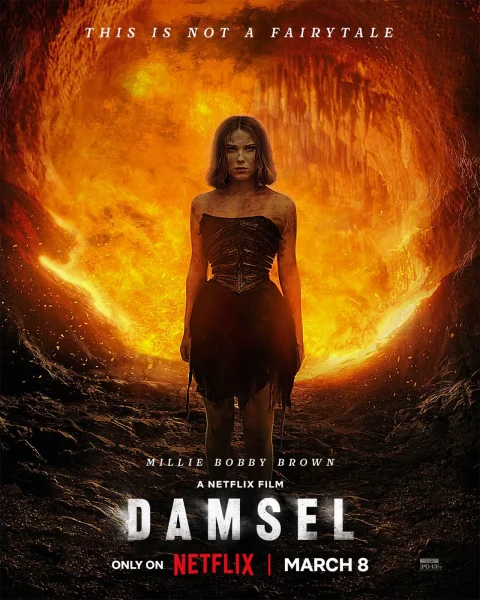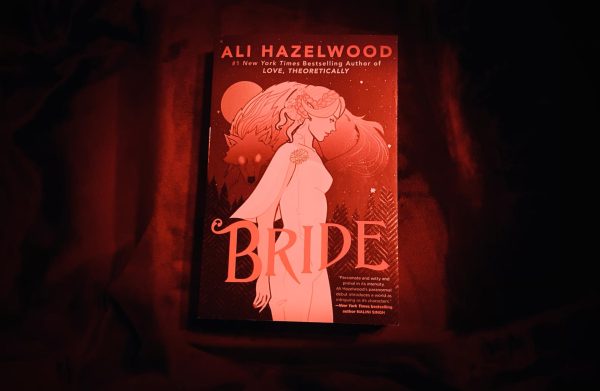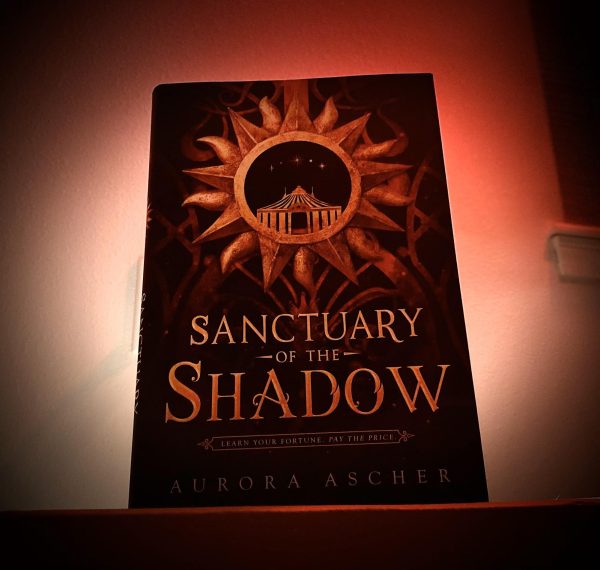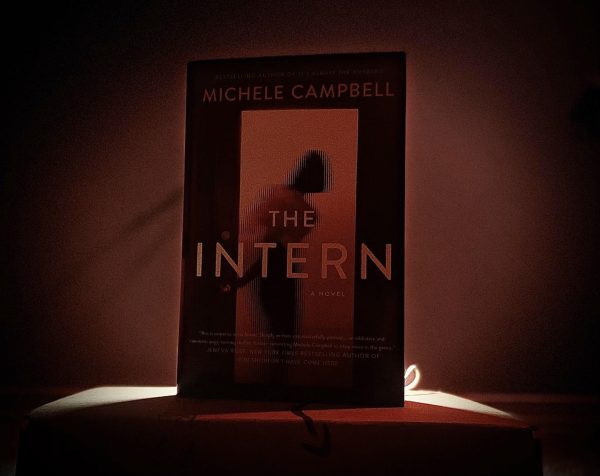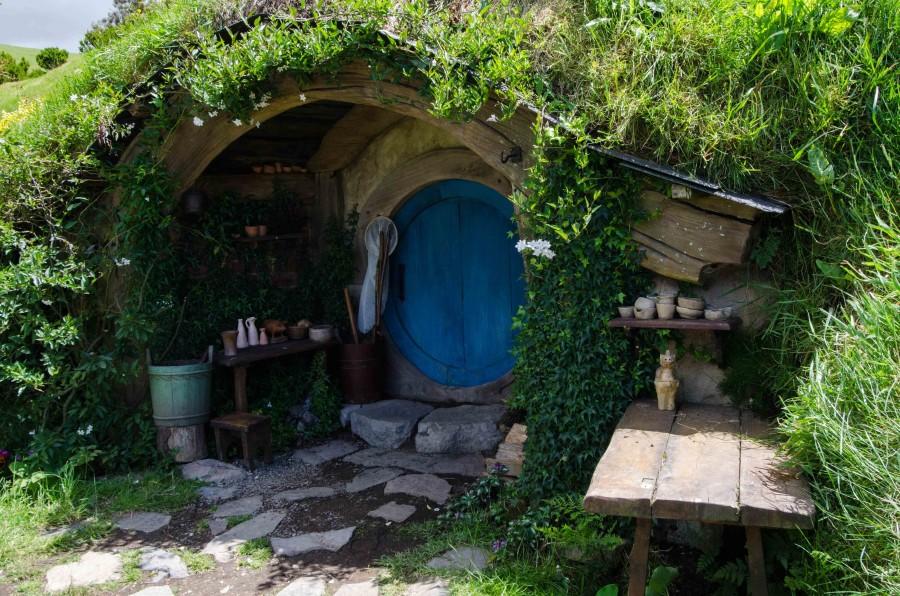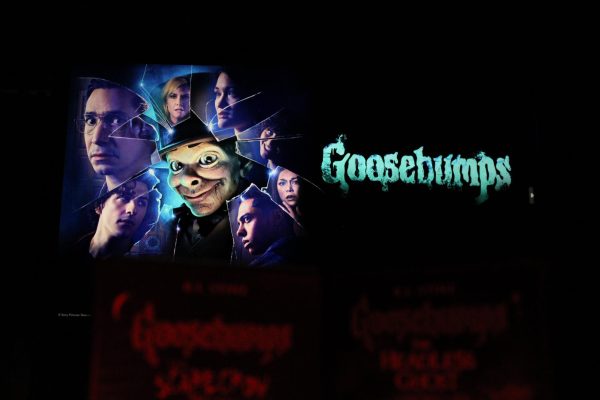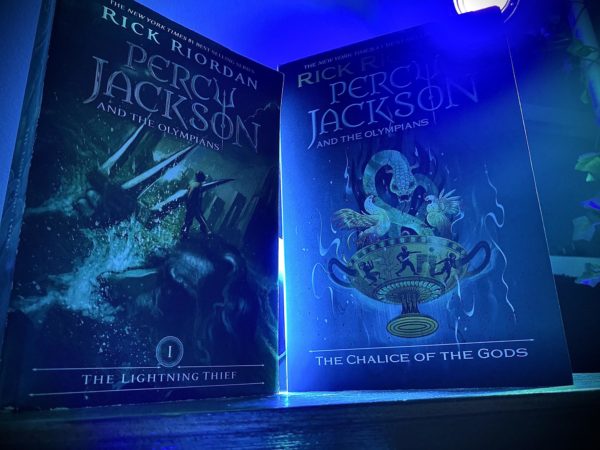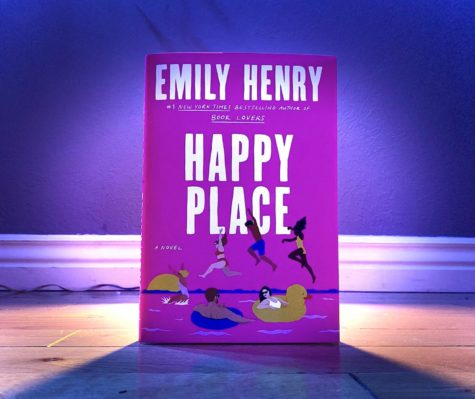Review: The Hobbit: Proof That New is Not Always Better
Seen as Hobbiton in The Lord of the Rings and The Hobbit. http://moviemaps.org/locations/130
The final installment in The Hobbit movie trilogy is already nearly a year old, and is finally starting to fade from the public’s memory. Thus, it is an excellent opportunity to return to the source material and see how it stacks up against the film adaptation.
From the start, The Hobbit establishes itself as a lighthearted adventure book; it is free from much of the politics and history explored in The Lord of the Rings. Bilbo, the protagonist, is a homely creature. He wishes for nothing but a warm fire and hearty meal. In the opening pages of the book, he is quite abruptly torn from his paradise and is forced on a perilous journey. He is dragged all around the world, from the highest mountains to the deepest forests.
One of the most intriguing aspects of The Hobbit is the changes Bilbo undergoes throughout the story. At the beginning, Bilbo was very unsure of himself; he was resistant towards any aspect of the upcoming journey. As the book progresses, the reader can truly see Bilbo evolve into a more confident and adventurous creature. With each passing conflict Bilbo breaks free from his shell, and during a decisive duel with a group of giant spiders, he actually becomes the leader of his group.
This story arc is directly tied to the theme of the book. The theme is heroism, but more specifically that under times of great stress, the everyday kind of person can rise up and become a hero. Bilbo begins as a scared and nearly worthless companion, but slowly gains confidence. Many scholars believe that the theme is modeled after his experiences in World War I. He saw first hand the unexpected heroes that rise up in times of great conflict.
Unfortunately, the recent film adaptation of this story strays too far from original plot line, and ultimately ruins Bilbo’s story arc. For example, in the first major conflict scene, Bilbo encounters a group of trolls. In the book he does not help with the defeat of the trolls in any meaningful way, which reinforces the idea that he starts out weak. In the movie he plays a much larger roll in the battle, which gives him the “hero” status right at the beginning. The movie is also much more drawn out, and it feels like it is intended for more of an adult audience. In contrast, the book is almost surprisingly short and is intended for children. In fact, one of the major reasons the book was released in the first place was because the publisher’s 10-year-old son enjoyed it.
This highlights the movie’s biggest misstep; they removed the simplicity that is found in the book. The Hobbit has remained such an integral part of the fantasy genre because of how refreshing the story is. There are no gruesome battles described in the book, nor are there any overtly whimsical scenes. The story is serious but without overdoing it. The movie stripped away the “childlike wonder” and instead added sprawling battles, a ridiculous river action scene, and dwarf-elf relationships. It ripped the humble and heartwarming soul of the book out. “In a hole in the ground there lived a hobbit. Not a nasty, dirty, wet hole, filled with the ends of worms and an oozy smell, nor yet a dry, bare, sandy hole with nothing in it to sit down on or to eat: it was a hobbit-hole, and that means comfort.” Tolkien has such a unique and descriptive writing style, and the movie does not do it justice.
The Hobbit is a one-of-a-kind adventure story. It is light and fresh, especially compared to many other fantasy works. Few other fantasy books have the soul that The Hobbit does. The entire cast of characters is interesting, but none stand out as brightly as Bilbo does. His transformation from a everyday man to a hero can be an inspiration to us all. The movie trilogy cannot hold a candle to original book, and the sooner people disassociate the two, the better.
Your donation will support the student journalists of Manitou Springs High School. Your contribution will allow us to purchase equipment and attend local conferences and trainings!



